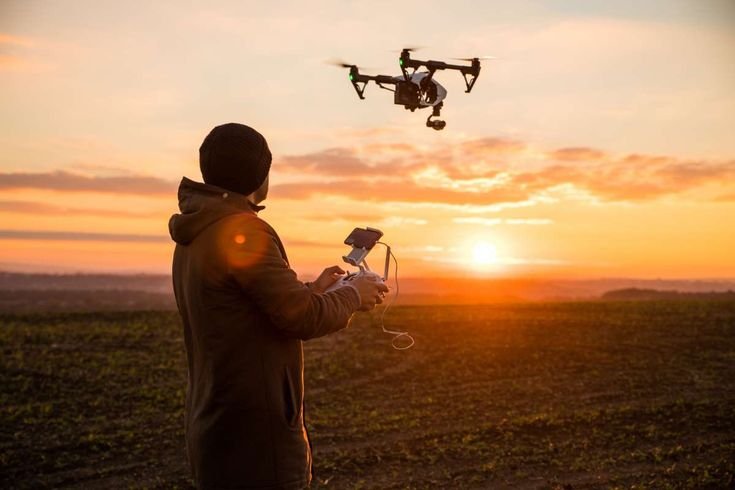
Edit Post
Future drone races controlled by thought leverage brain-computer interface technology to enable pilots to control drones using their brain signals. BCIs detect and interpret brain activity through non-invasive or invasive electrodes, translating these signals into commands for drone navigation. This method offers precise control, reduces physical fatigue, and opens the sport to individuals with ph... View more
Future drone races controlled by thought leverage brain-computer interface technology to enable pilots to control drones using their brain signals. BCIs detect and interpret brain activity through non-invasive or invasive electrodes, translating these signals into commands for drone navigation. This method offers precise control, reduces physical fatigue, and opens the sport to individuals with physical disabilities, enhancing inclusivity. Technological advancements focus on improving signal quality, reducing latency, and interpreting complex commands. Current research by universities and tech companies is developing prototypes and hosting BCI drone racing events. These efforts demonstrate the potential and foster public interest. The future of thought-controlled drone racing includes integrating augmented reality (AR) and virtual reality(VR) for immersive experiences. As technology advances, costs are expected to decrease, making BCI systems more accessible. Ethical considerations, such as data privacy, security, and long-term health effects, are critical to address, requiring robust regulatory frameworks. View less
- 0 0
- 0 0
-

-
Ajith L Rajan
published solution: 1 year beforeBy 2035, thought-controlled drone racing will be a thrilling sport, relying on advanced brain-computer interface (BCI) technology. Pilots will wear sleek, non-invasive headsets that translate brain signals into precise drone commands, allowing for rapid, intuitive control. These headsets will use artificial intelligence (AI) to adapt to individual brain patterns, enhancing responsiveness and accuracy. Drones will be equipped with advanced sensors and AI to ensure safety and optimize performance. Training for this sport will involve mental exercises to improve focus and control, along with simulations to hone skills in a risk-free environment. Ensuring a secure connection between the pilot and drone will be crucial to prevent interference and ensure fair competition. This combination of cutting-edge technology and rigorous training will make thought-controlled drone racing an exciting and accessible sport by 2035.
0 1 0 0 1 0


